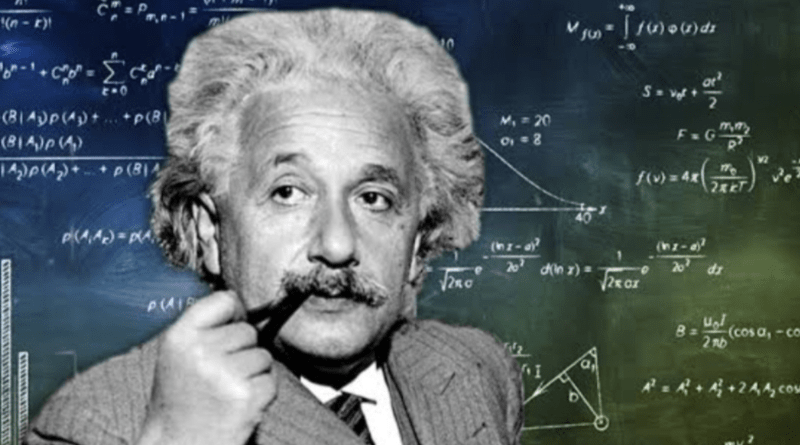New for you: Get to know about Einstein’s life-saving rules .
In addition to revolutionizing physics, the most renowned genius in human history imparted many insightful insights about leading a better life.
Albert Einstein is rightfully regarded as one of humanity’s greatest geniuses for his scientific discoveries, which include general relativity, the photoelectric effect, E = mc2, and the constancy of the speed of light. But Einstein’s reputation and notoriety went well beyond physics; he was influential in politics, the media, and even day-to-day living. An interesting set of life lessons can be learned from his letters and correspondence, as well as from the first-hand recollections of people he encountered. These are a few of his greatest teachings.
Albert Einstein, who is renowned for being the greatest physicist and genius of all time, is perhaps the last person you think of when you’re looking for guidance on how to live your best life. You are probably aware of Einstein’s role as a trailblazer in transforming our understanding of the universe, having contributed to developments like:
The photoelectric effect, general relativity, which superseded Newtonian gravity, the constancy of the speed of light, the fact that times and distances are relative for every observer, and Einstein-Rosen bridges, or wormholes, to name a few of his most well-known discoveries.
But Einstein was more than simply a well-known physicist; he was also a political activist, a pacifist, a vocal opponent of racism, and one of history’s most recognizable and beloved individuals.
He was also well-known for defying social conventions with his unruly hair, clever humor, and unwavering dislike of socks, among other unorthodox behaviors. Less well known, though, are Einstein’s freely offered life advice to numerous friends, acquaintances, and contemporaries. These words of wisdom and compassion may perhaps hold more weight in the twenty-first century than they did when he first gave them.
Rule 1: Put your energy into the things that really matter.
You could see Einstein as “disheveled” when you think about his appearance. He was known for his unkempt appearance; his hair was untidy and overgrown, his clothes were tattered and frequently stank, he wore shoes without socks, etc. But it didn’t worry Einstein, who in his later years wore what amounted to a near-uniform—a characteristic gray suit instead of the customary sport coat. Instead, he wore a leather jacket. (And, naturally, without socks and shoes.)
Rule #2: Even if you’re bad at something, pursue your passion.
Even while Einstein had many interests outside of physics, such as a fondness for baking and violin playing, sailing may have been his favorite pastime. “A sea cruise is an excellent opportunity for maximum calm and reflection on ideas from a different perspective,” as Einstein once wrote.
“There is no other place where my husband is so relaxed, sweet, serene, and detached from routine distractions; the ship carries him far away,” said his second wife, who was also his cousin. Focusing on something unremarkable allowed Einstein’s thoughts to wander, which often led to the discovery of fascinating new concepts.
Rule #3: Approach problems as puzzles.
Consider the issues that our society faces, both individually and collectively. These could pertain to the financial, environmental, health, or political spheres, as those areas have an impact on everyone. Do you consider these issues to be crises?
If so, you most likely feel hopeless about them because there isn’t much about facing a catastrophe that is empowering. However, if you conceive of them as a puzzle, you might be inspired to come up with a novel solution. In this sense, Einstein was essentially the archetypal person who saw every challenge as a riddle to be solved, both in and outside of the field of physics.




